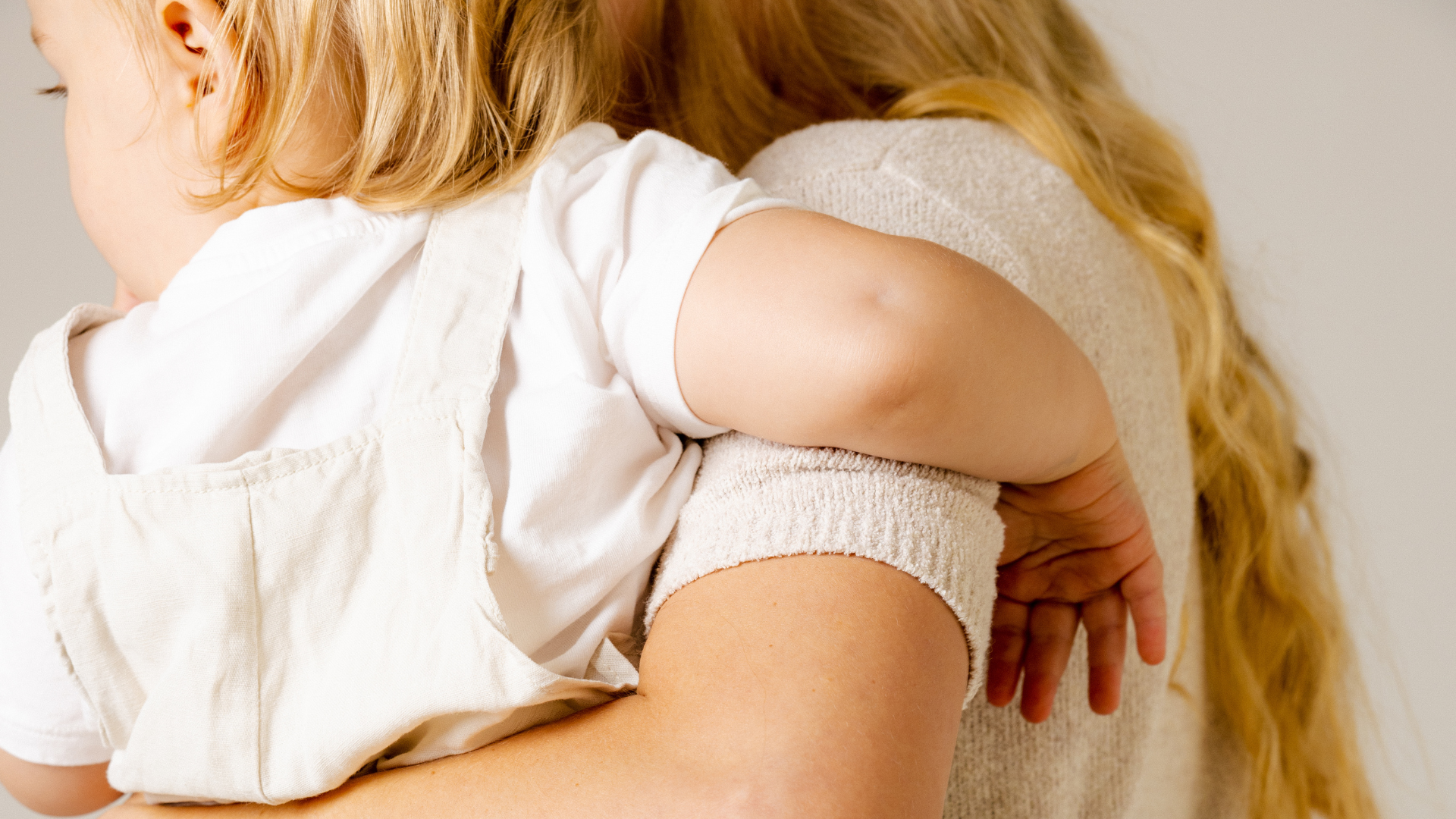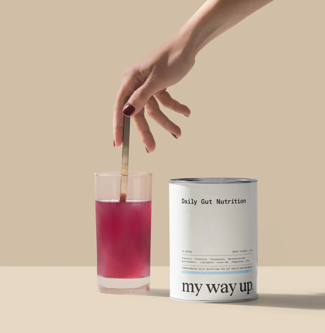Passing the gut: how your gut health choices impact your child's future

From eye colour to intellect, we know that we pass our genetics (good and bad) onto our children. But what about what we pass on through the microbiome and how it can influence your family’s health?
Understanding the microbiome: what is it and why is it important?
The microbiome is the collection of all the microbes that live mostly inside of our digestive systems, on our skin and inside our lungs. It’s made up of bacteria, fungi, viruses and archaea.
From the very second you are born your body is colonised by trillions of microbes; an ecosystem as complex as any jungle on Earth, but on and within you.
In exchange for the safe haven you provide, these microbes help to digest your food, train your immune system, keep your skin healthy and reduce your risk of chronic illnesses – both physical and mental.
Humans and their microbes share a mutually beneficial relationship – you support each other's health and development. However, our retreat from the natural world and embrace of modern technology has this relationship on the rocks.
Inside and out: what impacts the health of your microbiome?
Your environment and exposures shape the health of your microbiome.
When a baby drinks breast milk, the baby is drinking vital nutrients not only for itself, but also for its microbiome.
When an infant plays in the garden, or puts things in their mouth, the gut microbiome is being massaged and moulded.
When whole foods like fruits and vegetables are eaten, they help to feed and nurture the gut microbiome in positive ways.
When fresh forest air is breathed in, billions of beneficial microbes are breathed in with the air.
Baby formula, on the other hand, does not have this same hi-tech gut microbiome enhancing effect.
Playing inside in a sanitised apartment can’t match the microbial complexity of a patch of soil and a pair of curious hands.
And ultra processed infant foods don’t support the gut microbiome like whole foods can.
Add in the troubles your skin and gut microbiome has dealing with pesticides, chemical residues, pharmaceuticals and common food additives and there’s a potential disaster looming for the microbes you are supposed to be playing good host to.
When a human of today lives more like a human of the past, your microbiome and consequently, your immune system is far better off.
With a more diverse, robust microbiome, your chances of living life with less chronic disease, easier weight management, fewer skin problems and of course, less gut issues, are greatly increased.
Your gut and your child: understanding the link
The state of a mothers microbiome influences a baby in the womb. And a mothers microbiome is influenced by their partners – dads, you’re part of this too.
Until recently, it was thought that babies still in the womb are sterile – they are completely devoid of bacteria. However, it’s now clear that healthy babies are born with bacteria and fungi in their guts.
Research shows that maternal gut microbes may have both direct and indirect effects during pregnancy.
For example, a dysregulated gut microbiome is thought to promote intestinal inflammation, which in turn could lead to a shortening of the gestational period and a reduction in birth weight.
At birth, microbes from a mothers gut, birth canal and breasts, and a fathers hands and hairy chest are transferred en masse.
The days, weeks and years following birth also matter.Infants aged 0 to 3 have digestive systems that are less acidic than older children or adults.
As a result, the first 1000 days of a child's life has an outsized effect on their overall health and disease risk because at least partly of how pliable and manipulatable their microbiome is.
A child exposed to natural lakes, forests, whole foods, minimal antibiotics and parents that are hosts to healthy microbiomes, has a better chance at a healthier life than a child exposed to chlorinated swimming pools, chemically cleansed homes, ultra processed foods, overprescribed antibiotics and parents with uncared for microbiomes.
No matter if you’re a woman or a man, the state of your microbiome directly influences the health of your child's microbiome at birth and beyond.
Even if your food and lifestyle choices don’t matter so much to you, they matter to your children.
Your history, your future and an opportunity
You are the custodian of your microbiome.
It was passed down to you from your parents, and in turn, will be or is being passed on to your children.
Caring for your microbiome today means that if you become a parent one day, you will pass on not only your genes, but your microbes too.
And whilst there’s nothing you can do about your genes – there’s plenty you can do about your microbiome.
Maximising your intake of whole foods so that there’s little room left for sugary snacks or fatty fried foods, getting reacquainted with walks in nature and minimising your exposure to pharmaceuticals, pesticides and household chemicals are all great levers to pull to help you reunite with your microbiome.
A little bit of savvy microbiome care today, means better physical and mental health tomorrow, and the chance to pass on intergenerational health as one of your legacies.

Daily Gut Nutrition
A blend of probiotics, prebiotics, polyphenols, amino acids and fibre for adults and kids, including Lactospore® probiotic to help:
- Improve gut symptoms like constipation + diarrhoea
- Reduce bloating, indigestion + gas
- Improve bowel function and regularity
- Promote mental health + healthy mood


